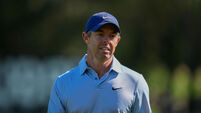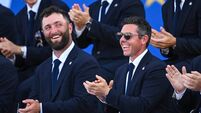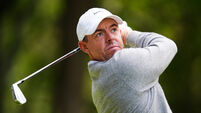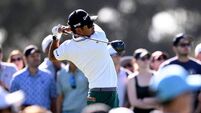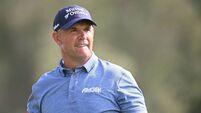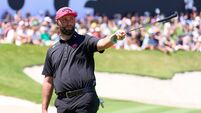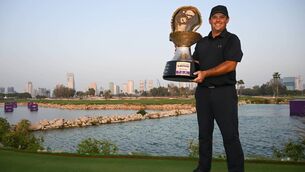Rory McIlroy: ‘I was more impulsive back then. I’ve matured, I’ve learned’
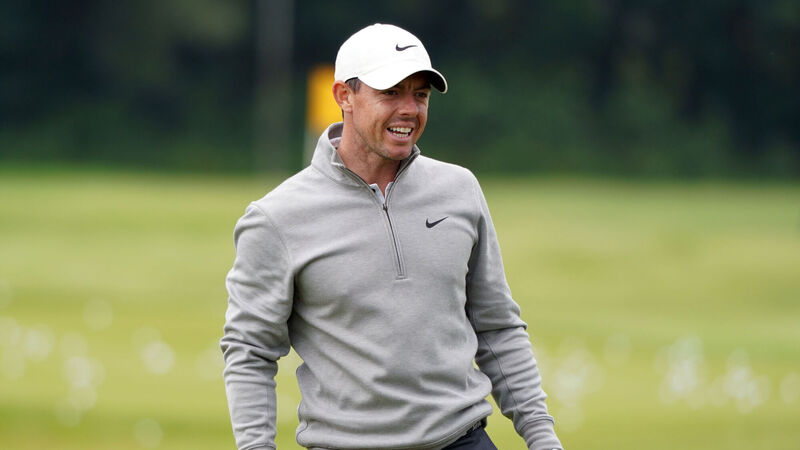
Rory McIlroy practices ahead of The Open 2021 at The Royal St George's Golf Club in Sandwich, Kent. Picture: Gareth Fuller/PA Wire.
It used to be that the admission of vulnerability by high-profile sportspeople was met with general disdain. Flash cars, flashier houses and sponsorship deals worth telephone numbers were supposed to offset any nagging professional doubts. Rory McIlroy has encountered a lifetime of this; onlookers erroneously believe he has become a little too comfortable with life outside the ropes.
The formalisation of McIlroy’s relationship with Pete Cowen, the renowned swing coach , drew attention. Under the radar, though, was another key detail; McIlroy is once again working with Dr Bob Rotella, the renowned sports psychologist. At Royal St George’s next week, McIlroy will seek to claim a second Claret Jug and end the wait for a fifth major that has stretched to seven years.




